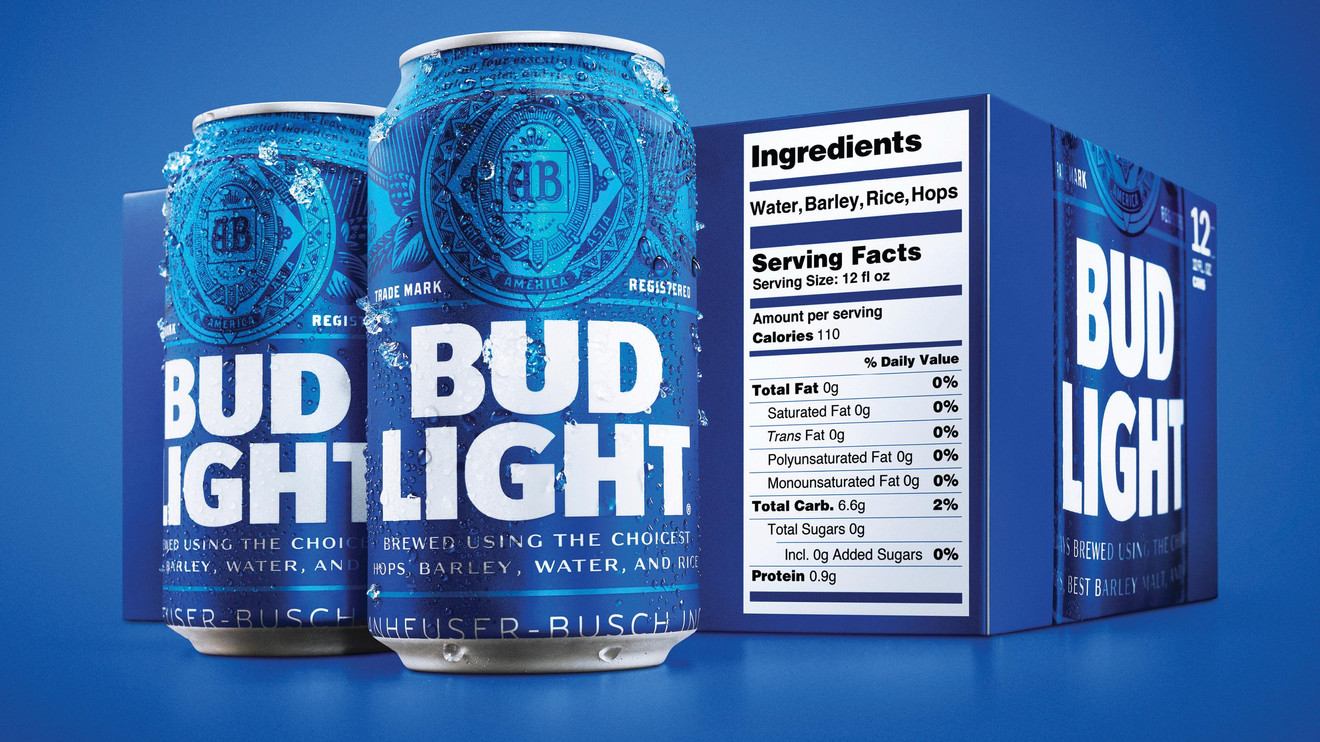Over the past decade, a quiet shift has reshaped how young people define success. For many in Gen Z and the younger Millennial group, achievement no longer revolves around financial milestones alone. In a world where traditional institutions often fail to provide security, young people are creating a new kind of wealth based on emotional stability, autonomy, and identity.
This shift is not just cultural. It is changing spending habits, career choices, and the way brands must engage with the next generation of consumers.
A Generation Raised in an Era of Uncertainty
Gen Z and younger Millennials entered adulthood during a period marked by rising school fees, stagnant incomes, unstable job markets, and soaring living costs. Many realized that the old economic model, which supported earlier generations, no longer guarantees progress.
As a result, they broadened the meaning of wealth to include mental health, control over time, personal agency, meaningful work, and community belonging. They still value money, but they refuse to lose themselves in the process of earning it.
The Meaning Gap Brands Can No Longer Ignore
This shift carries major implications for marketers. Traditional advertising centered on features and price points is losing its power. Consumers are no longer asking, “What does this product do?” They are asking, “How does this product improve my life?”
Research across multiple markets shows that young consumers prefer brands that help them strengthen emotional wellbeing, manage their time better, express their identity, and build long-term personal value.
This explains the rise of coaching platforms, mental health apps, minimalist lifestyle brands, purpose-led fashion labels, and curated self-improvement services.
The Decline of Passive Consumption
Unlike previous generations, young people refuse to be passive recipients of marketing messages. They want to feel included and understood. Brands that succeed today show that they understand this emotional landscape. They tell human stories rather than generic promotional messages. They build communities instead of pushing campaigns. They help people feel a sense of meaning instead of simply selling meaning as a product.
This shift explains the surge in nostalgia-driven content, authentic storytelling, transparency initiatives, and self-improvement narratives.
The Rise of Modern Legacy Thinking
In an age of fast content and short attention spans, young people are increasingly thinking about what will last. Their idea of legacy, however, looks different from that of previous generations.
Today, legacy involves breaking harmful family patterns, building emotional intelligence, creating stability for future generations, choosing understanding over conflict, and gaining independence from unstable systems.
This trend is particularly strong in African markets, where cultural expectations and economic pressure combine to push young people to redefine what success should mean.
What This Means for Marketers
Brands now face a new kind of audience. Young consumers want brands that respect their intelligence, understand their financial reality, support long-term growth, and communicate with honesty.
In a world where many people feel lost, brands that offer clarity, emotional safety, and real tools for improvement will stand out.
The next era of marketing belongs to brands that can answer a simple but profound question:
Are we helping people build lives they can be proud of, or are we only selling products to help them survive the week?
ALSO WATCH MARKETING EDGE ONTV







Comment
No comments found.